The Minister of State for Petroleum, Dr. Musadik Malik, acknowledged deficiencies in the government’s proposed fuel subsidy scheme’s first phase. However, the Minister defended the initiative and stated that it would not have any budgetary impact, thereby negating any objections from the International Monetary Fund (IMF).
During a press conference, the Minister refuted claims that the Finance Ministry had reservations about the subsidy scheme. He outlined the details of the plan, indicating that owners of cars with an engine capacity of 800cc or more would be charged an additional Rs. 100 per liter compared to those who use bikes, rickshaws, and cars below 800cc.
As a result, consumers with vehicles of 800cc or more would pay an additional Rs. 50 per liter compared to the base price, and the surplus funds generated would be used to subsidize those who do not fall into this category.
The Minister acknowledged that there were indeed fault lines that needed to be addressed in order to ensure a more equitable distribution of benefits.
One of the main issues raised was the fact that owners of older cars with higher engine capacity were unable to upgrade due to financial constraints, but were also excluded from the subsidy scheme. Meanwhile, owners of new 660cc cars worth millions of rupees could avail the subsidy without any issue.
The Minister recognized the validity of this concern and stated that the issue of a car’s value and model would be taken into account in the next phase of the scheme.
The strategy to lower petrol prices for motorcycle, rickshaw, and small-car owners is set to be finalized in the next six weeks. The proposal, which will be submitted to Prime Minister Shehbaz Sharif for approval.
The Minister said that the Oil and Gas Regulatory Authority (OGRA) will determine two different prices for high- and low-income earners. For instance, if petrol is priced at Rs. 300 per liter, wealthy consumers will be charged Rs. 350, while underprivileged consumers will pay Rs. 250.
The Petroleum Division will solely lead this fuel relief initiative, and other ministries and divisions will not be involved due to the limited timeframe to finalize recommendations.
OGRA will review fuel prices every two weeks, and the additional fuel price charged from the rich will be deposited by oil marketing companies in a dedicated escrow account in the National Bank of Pakistan (NBP).
The collection will be audited, and the funds will be remitted to these companies daily to provide subsidies to deserving consumers.
This strategy is expected to provide significant relief to low-income earners who often face difficulties due to high petrol prices. The Pakistani government hopes to roll out this initiative as soon as possible to ease the burden on low-income earners.
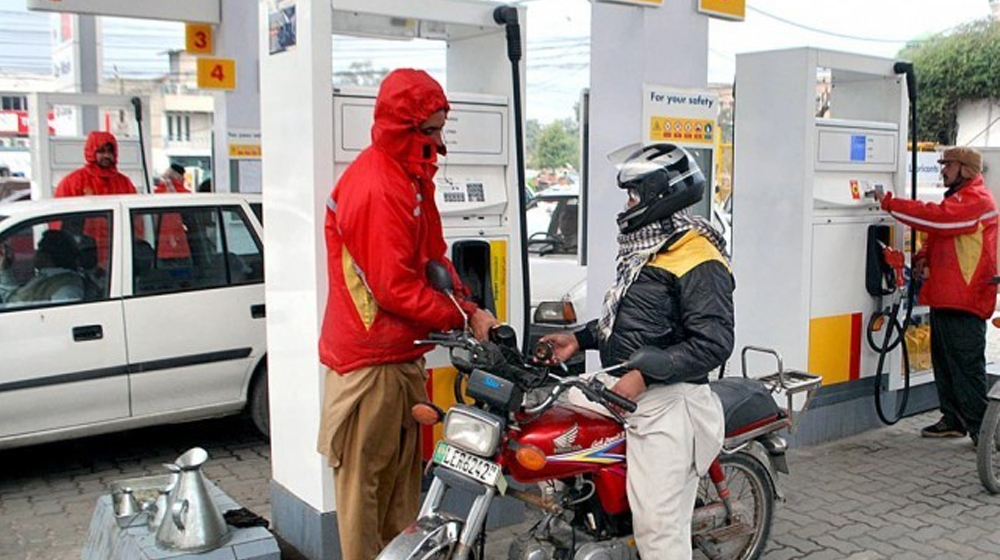


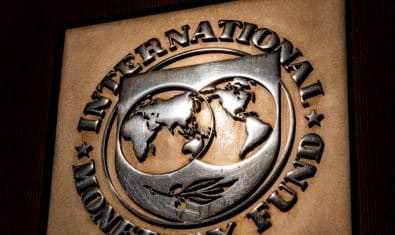
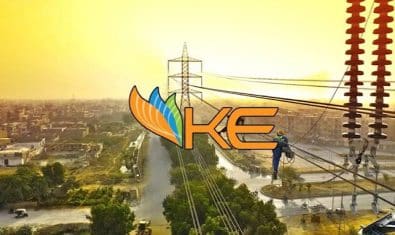
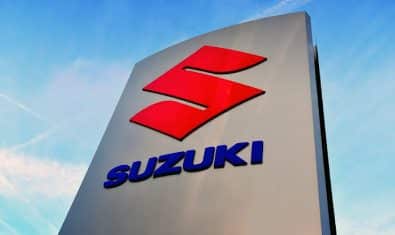
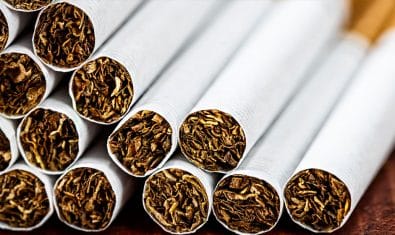




















Jokers